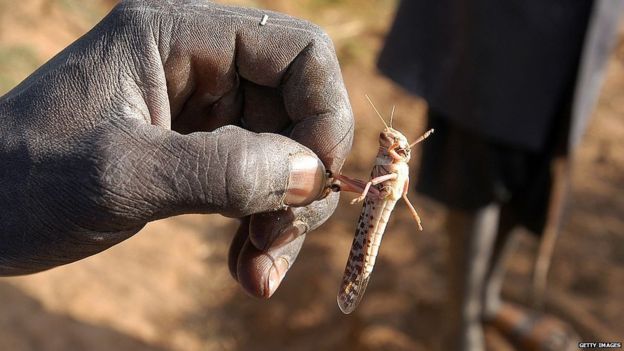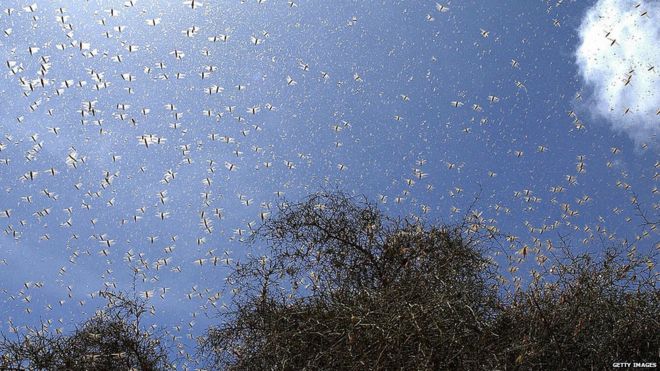Mauritania is preparing to test drones in the fight against desert locusts as part of efforts by a UN body to minimise the damage inflicted by the pest on crops in West Africa. Desert locusts pose a serious threat to food security in the region, and the hope is that the aerial tech will provide an advantage in the fight against the insects.
The second round of tests will take place from 26 to 31 January 2020, and is expected to confirm the durability and adaptability of drones in different desert conditions, according to the Sahara Media news agency.
“The drones will track and monitor desert locusts and instigate early-warning operations before the swarms arrive so that appropriate action can be taken,” according to an “exclusive” source.
The latest round of tests, which was officially announced in September 2019, will represent a “critical stage” in advancing the fight against the locust plague, Secretary-General of the Mauritanian Rural Development Ministry Ahmedou Ould Bouh said.

Improved technology
The previous tests were conducted in 2018 after the UN Food and Agriculture Organisation (FAO) allocated 1.5 million dollars to the FAO’s West Africa joint committee to prevent damaged caused by locusts in the region, according to the then Mauritanian Agriculture Minister, Lemina Mint El-Kotob Ould Momma.
This year’s tests are expected to confirm whether improvements made to drones will demonstrate their usability in the harsh desert conditions, and pave the way for their wider use in the region. It is also hoped that the tests will strengthen the capacity of other countries in West Africa, and improve coordination between them in the fight against the invaders.
FAO’s Western Africa joint locust control force was established in 2016 and includes Mauritania, Algeria, Burkina Faso, Morocco, Niger, Senegal, Chad, Libya and Mali. FAO describes the desert locust, schistocerca gregaria, as the world’s “most dangerous migratory pest, with a voracious appetite unmatched in the insect world”.



